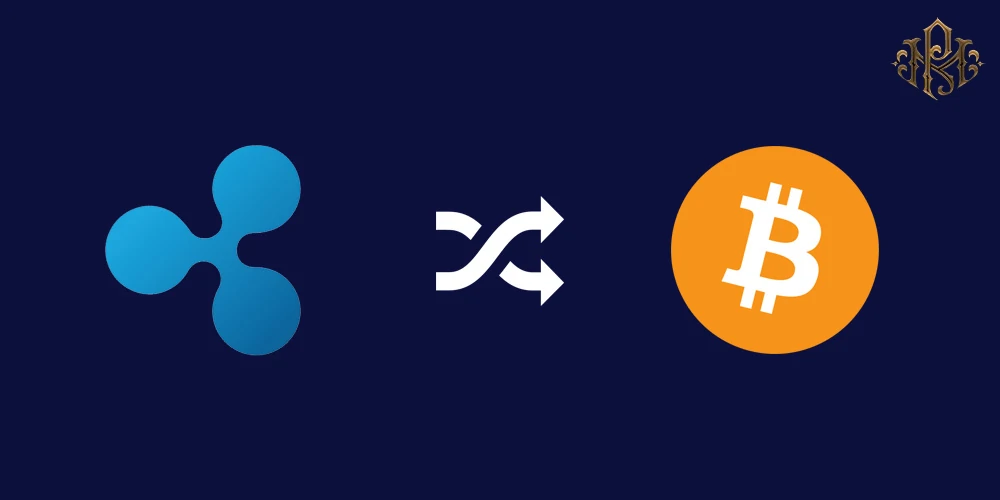
Close



Token and Coin are two related concepts in the field of blockchain and digital currencies, but they also have differences.
Coin is used as the main currency of a blockchain network. Coins are usually independent of any particular project or platform and serve as the most official currency in that network. For example, Bitcoin and Ethereum are examples of coins.
Tokens are also used as digital currencies in some blockchain networks, but with an important difference. Tokens are usually created based on and dependent on a specific platform or project. Tokens can represent the internal value of a particular system, be used as an internal payment unit in a platform, or be used to provide certain features and services within a project.
For example, on the Ethereum network, ERC-20 tokens created based on a certain standard can be used to launch Initial Coin Offerings (ICOs), send and receive payments in DApps (Decentralized Applications), and execute smart contracts. Tokens usually have variable access and distribution and are more customizable than coins.
In short, the main difference between tokens and coins is their dependence on a specific project or platform. Coins act as independent blockchain currencies, while tokens are created based on a specific project and have the ability to be configured and used in different ways within this project.
Additionally, tokens are usually tradable and can be exchanged on exchanges or using smart contracts on the blockchain network. It allows users to buy, sell, or trade tokens.
Another important difference between tokens and coins is the level of independence they have on the blockchain. Coins work as the basic unit and part of the blockchain and generally do not require smart contracts. On the other hand, tokens are usually implemented based on smart contracts and can have their own rules and logic.
In general, tokens are used as a means to represent value and perform certain operations in a project or platform. They can have a variety of uses, including payment, access to resources, voting, property rights or voting rights, authentication, and many other uses.

Token and Coin
Some of the uses of tokens are:
The most important difference between tokens and coins is their dependence and use on specific projects and platforms. Also, tokens are more adjustable and customizable than coins and based on the contract.
In the following, I will explain how the number of tokens and coins can be different and how token issuance can be an approach to raising funds for a project: